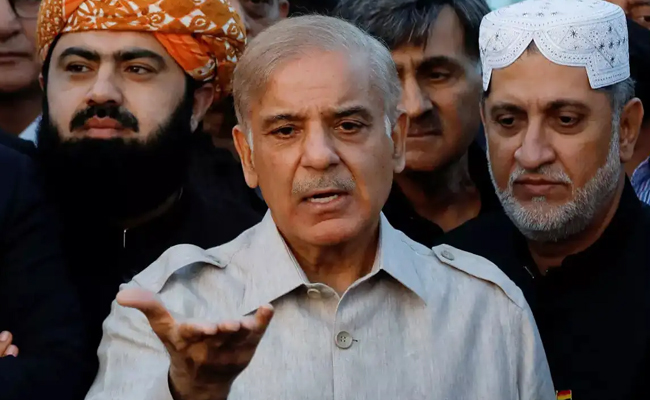
India News

‘Jatti Umra’—a quiet village near Amritsar—is now in the spotlight. The reason? It’s the ancestral village of Pakistan Prime Minister Shehbaz Sharif. His family has long maintained ties with the village, occasionally visiting it, and the Prime Minister even named his official residence in Pakistan after it, highlighting his deep attachment to the place.
Sharif’s ancestors once lived here, and the family even donated their ancestral house to the village. One of Pakistan’s wealthiest families, the Sharifs trace their roots to Anantnag in Kashmir. British author Anatol Lieven, in his book "Pakistan: A Hard Country", noted that the Sharif family descended from Kashmiri Pandits. During British rule, their ancestors migrated from Kashmir to Jatti Umra.
Locals say the Sharifs held this village in high regard. However, recent tensions have deeply upset the villagers. The ancestral haveli (mansion) that once belonged to the Sharif family has now been converted into a Gurudwara, and a Langar Hall is also being built to provide free meals. In 1976, Shehbaz Sharif’s brother Abbas Sharif—then a businessman—donated the mansion to the village. Abbas, who frequently visited the area, passed away in 2013. A small Gurudwara beside the mansion was developed further with contributions from local residents.
Despite the pride villagers once felt about one of their own becoming Pakistan’s Prime Minister, that sentiment has now turned to anger and disapproval. The main reason is not just the India-Pakistan wars, but also Pakistan’s continued support for terrorism, which has been acknowledged by the country itself. During the recent conflict, Jatti Umra village was heavily impacted, and villagers blame Shehbaz Sharif for indirectly contributing to their suffering.
They express deep resentment: “While it’s a matter of pride that someone from our village became PM, we cannot tolerate him supporting terrorism that hurts us directly.”
This unexpected shift in sentiment—from pride to protest—shows how even ancestral bonds can fray when national interests and personal losses collide.
Advertisment